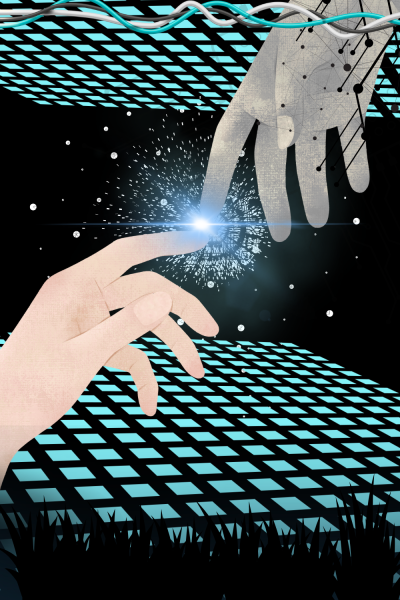THE NORGAARD EQUATION SUMMARIZATION
The Truth About Dark Matter
String Theory, in essence, is a theory of everything. Dark Matter is a mysterious new
force, and how gravity is created is a long-standing problem. So, I took String Theory and Dark
Matter and Gravity and created a new equation. The “Recipe For A Universe” you might say.
Here is the vocab people will need to understand the equation.
Brane: Collections of strings, or, membranes. Can be in two or up to ten Spatial Dimensions.
String: A One-Dimensional object that vibrates and has a unique tension factor, which
determines what particle the string creates.
Elementary Particle: A single particle that cannot be split any further.
Dark Matter: An invisible mass of some substance that holds the galaxies together through it’s
Boson: Elementary Particles that govern a force.
Fermion: Elementary Particles that make up matter and follow the Pauli Exclusion Principle.
Antimatter: Particles of opposite spin and charge than their counterparts.
Pauli Exclusion Principle: No two Fermions can occupy the same quantum state.
Now, The Norgaard Equation:
-The N represents the readiness of a particular empty place to spawn a new universe.
-The U represents all the Elementary Particles: Fermions and Bosons, Antimatter, and Dark
-The d^11 represents that there are 10 spatial dimensions, plus the dimension of time.
-The Q represents that all fundamental forces are governed by a rapid exchange of particles,
including gravity. (Quantum Mechanics)
-The [E=mc^2] represents that nothing with mass can travel at the speed of light.
-The odd p represents the Pauli Exclusion Principle (See Above)
– The nB represents that from any point of observation, the universe appears to be a Brane (see
above), the dimensions of the Brane being the spatial dimensions perceived by the observer
plus one dimension for time.
-The weird symbol and the 2 represent that particles are drawn from fields, Branes that have
certain strings detach from them and form particles, or “Excitation”.
This equation is almost like a cake recipe. If the universe were a cake, you would need
things like flour (Bosons), sugar (Electrons), eggs (Neutrino Variants), and milk (Higgs Boson),
among other things. You could not put too much batter into one single spot (Pauli Exclusion
Principle). Also, the recipe might tell you how big to make the cake (d^11).







